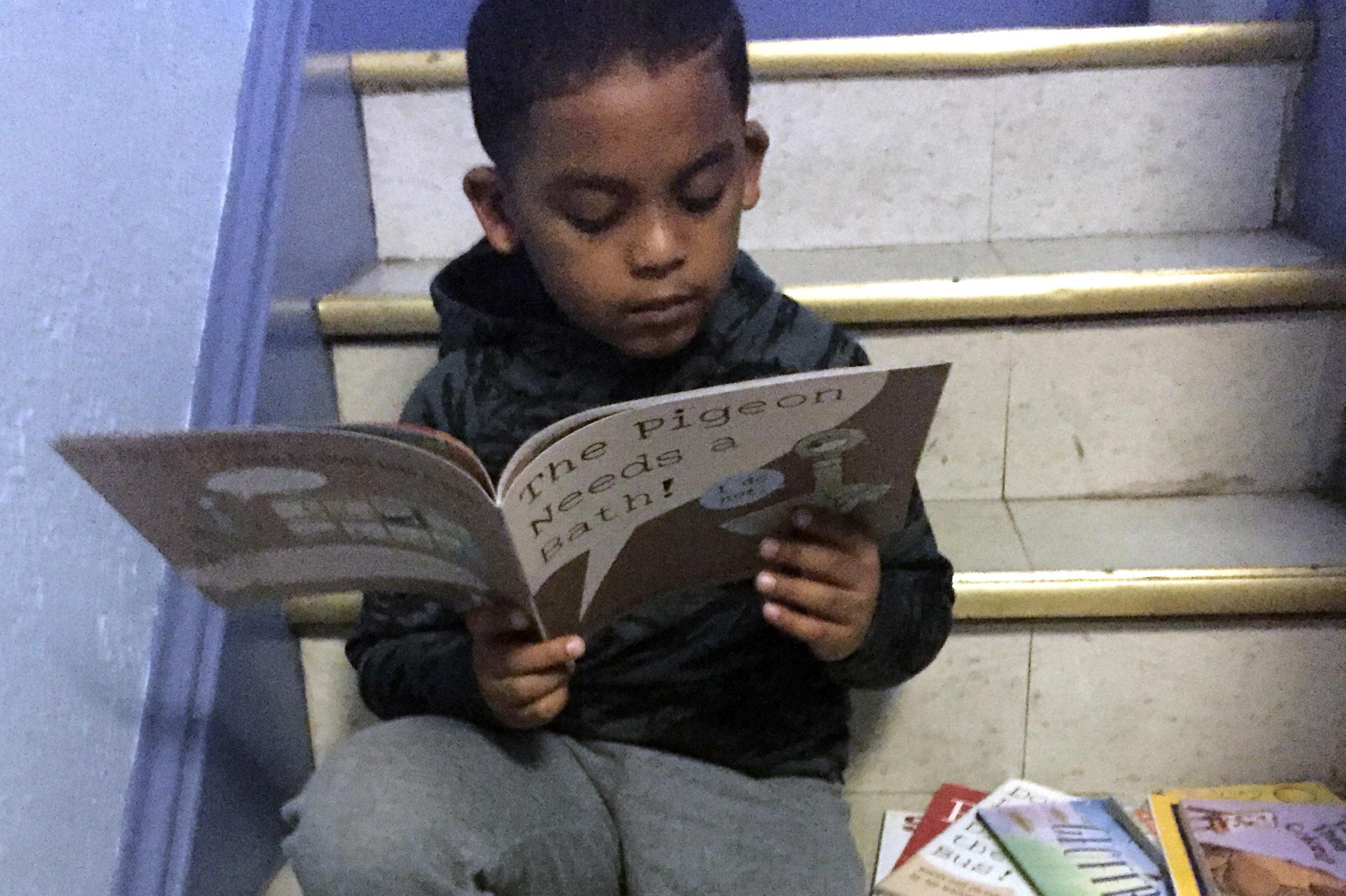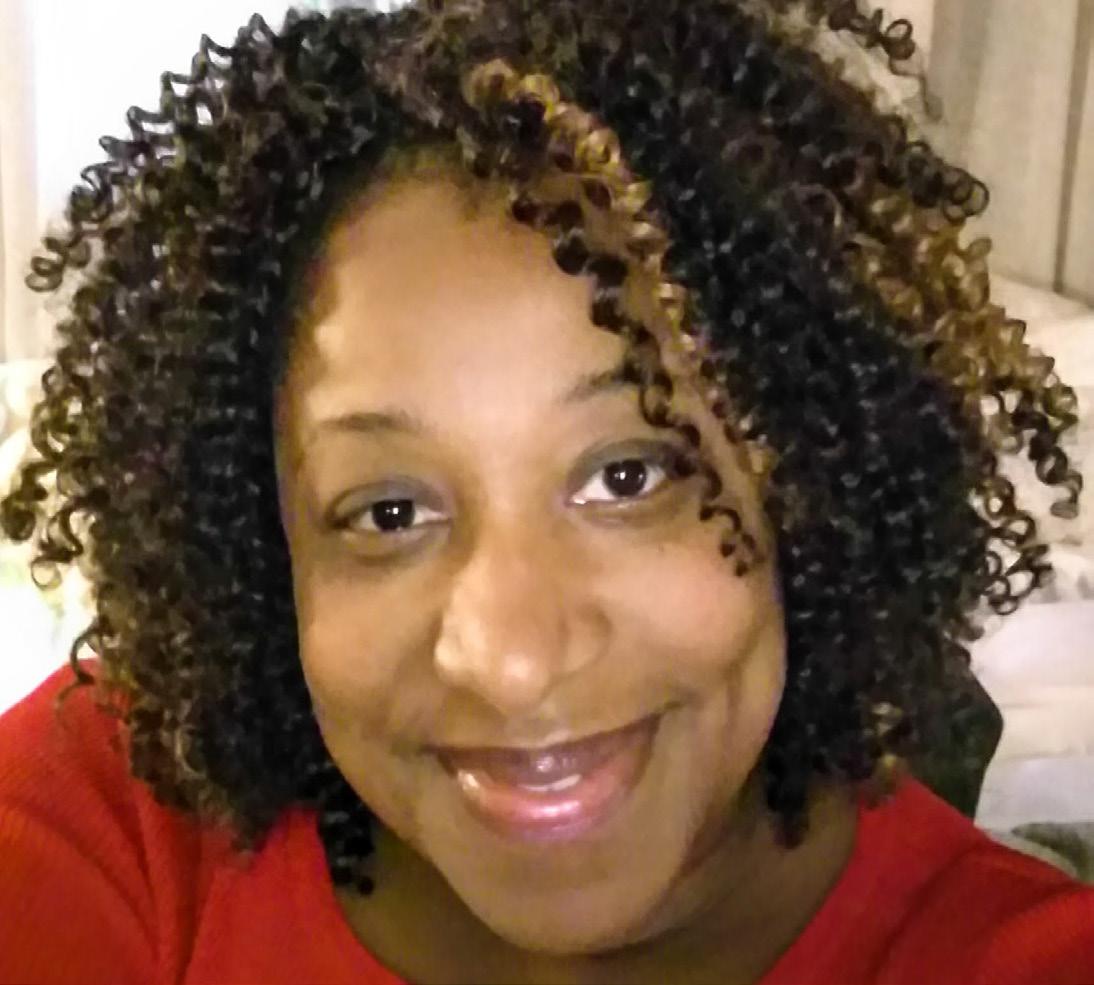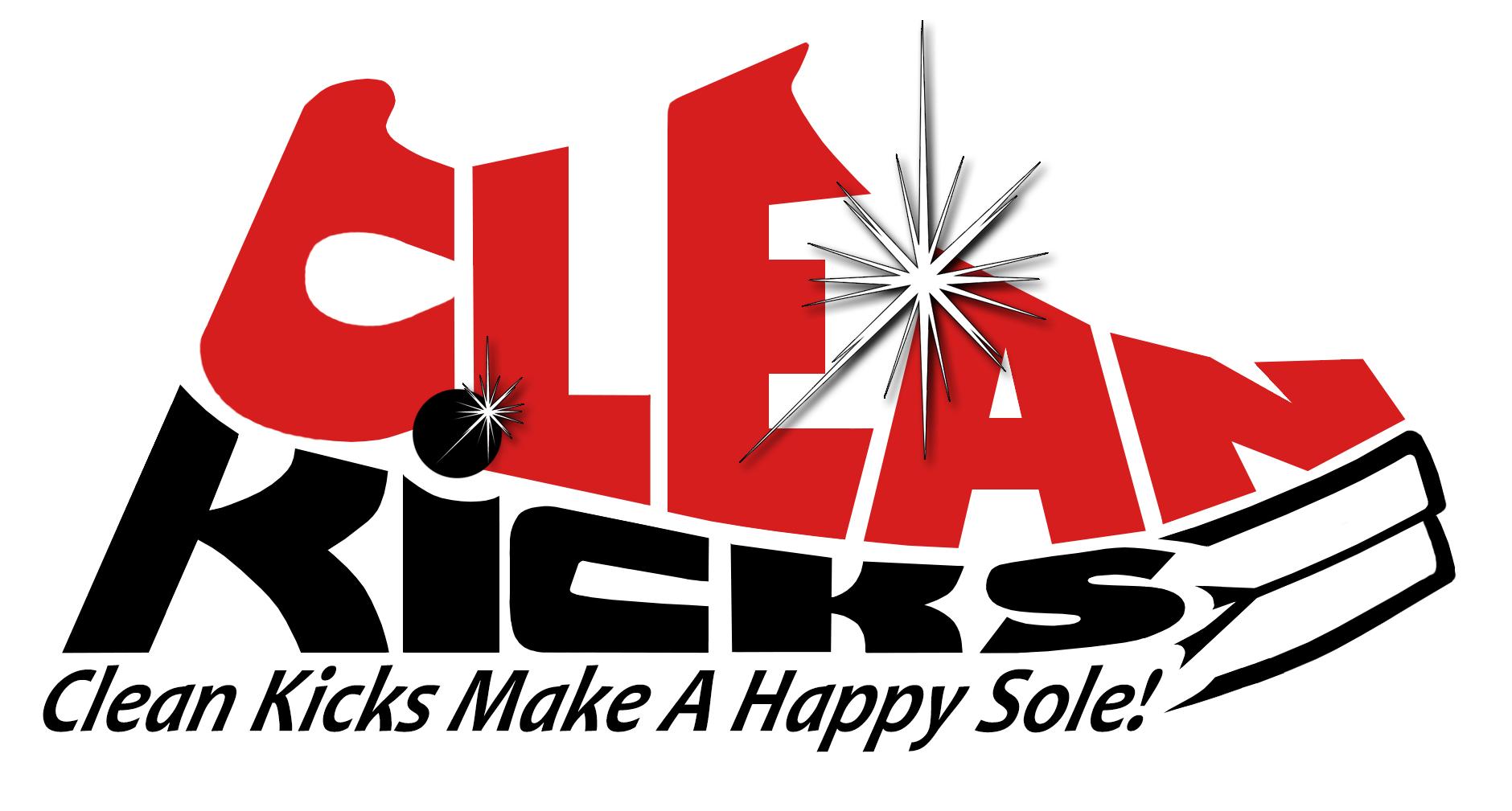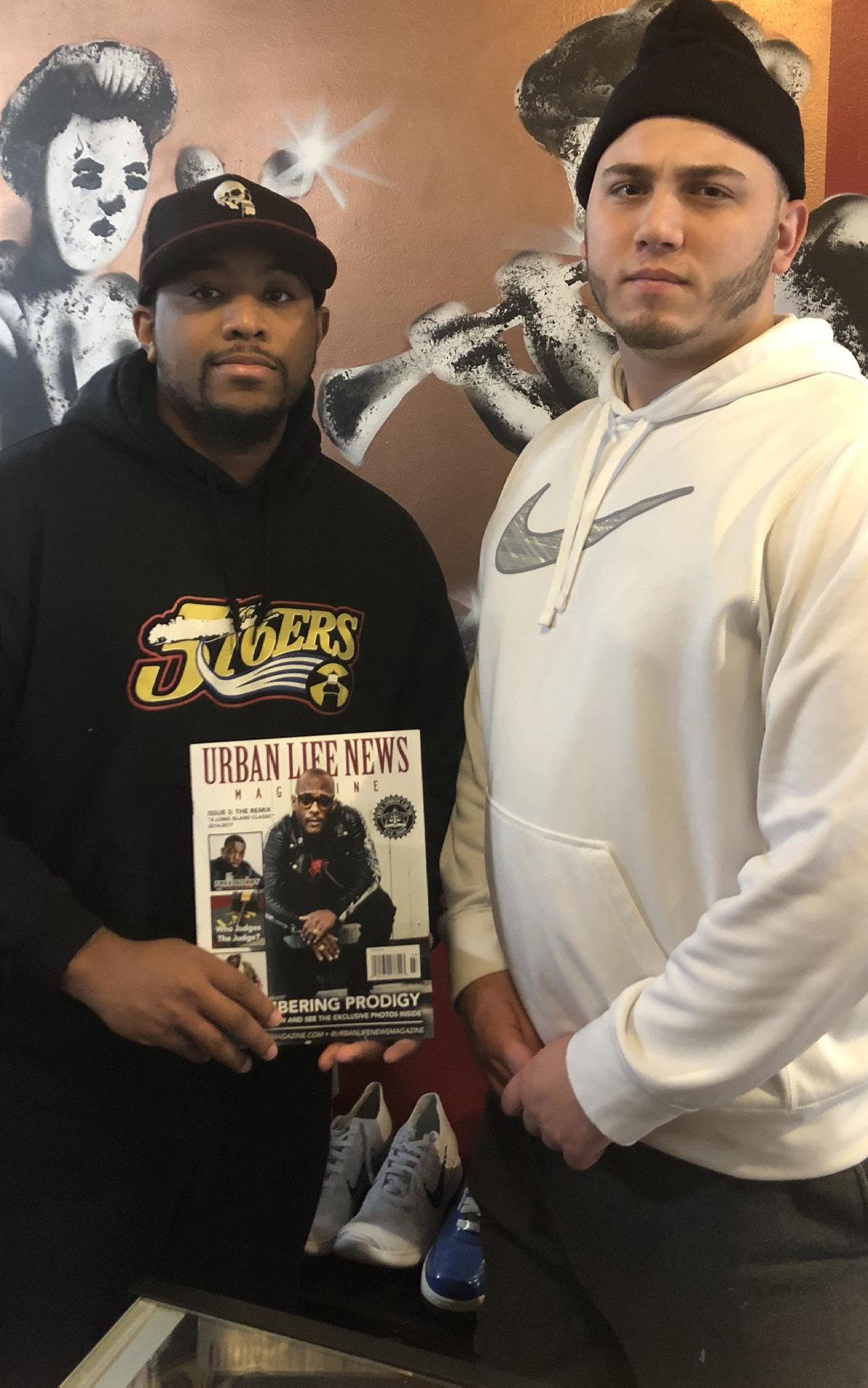
6 minute read
Taking Your Kids From Good to Great
TAKING YOUR KIDS FROM GOOD TO GREAT: WHAT YOU CAN DO TO SUPPORT YOUR CHILD’S DREAMS
Raising a child is one of the greatest joys in life, and also one of the most challenging and difficult. As a parent you do all the things you were told to do keep the child fed and get them off to school every day for their education. Raising a child is not cheap but the worst place to skim from the top is with their education. There are some very affordable and necessary things parents can do to make sure your child is thriving inside and outside of the classroom.
No judgement here, but do you really know what is going on in your child’s classroom? Have your checked their homework? Do you make sure to attend at least one parent teacher conference, or send an email, or note in with your child to school requesting specific information and feedback about your child? Relying on someone else (like the public education system) to do this job that you were made to do could be the one thing hindering your child from meeting their true greatness. that are studied. Suspension rates, retention rates are highest among our students. Math and reading levels are also very concerning. We have to do better to ensure that our children are able to represent the dreams and hopes that you have for your child and what your child may have for themselves.
As an educator, I must tell you the first step is to establish open lines of communication with your child’s school as much as possible. Do not ignore this step. Make an effort to connect with your local school so that you can hear about your child’s strengths and areas where improvement can be made. The earlier you have this knowledge the sooner you can take action as needed. If those options are not doable. Start by talking to your child. Ask them to teach you one new concept they learned in school today. Make sure to have them explain as much as possible in detail by asking questions that do not allow for one word answers. For example, a follow up question to what was your favorite lesson in school today? Could be why they thought it was a good lesson and how they might be able to use their new skills in the future. This helps children make connections between the classroom and the real world, and you.
The fact of the matter still remains that often authentic learning experiences happen often outside of the classroom. These lessons are often just as important if not more so than what happens in the classroom. Does your child see you reading at home? Is reading challenging for you? How about your math skills? In order, to make changes that can help your child be great. Think about being great yourself. Take the opportunity to learn and grow with your child. It doesn’t matter what your socioeconomic status is or where you live; you can create opportunities for your child to learn and be grow. Making our children greater than our present should remain in focus in what you do. Look, money is tight everywhere we all understand that. But it is not all about sending your child to $5000 or $10,000 dollar camps. Many opportunities await you right in or fairly close to your neighborhood.
Let’s talk about a couple of free opportunities. 1st up the public library. Start with the one in your neighborhood and see what they offer. Many libraries offer additional learning opportunities for young people of all ages afterschool and in the summer time. If you cannot find something in your local library. If you travel to one of the main library hubs in your area you will absolutely find something. It may be as easy as using google or asking Siri to help you find out. Take a trip to the library and at the very least you could pick up a new book that you can read together and discuss. Try to make reading a regular part of your family life. Establish rules for the time that your child spends on video games and social media with the time they spend reading and researching. The American Academy of Pediatrics (AAP) has set some guidelines from a report they created in 2016:
Among the AAP recommendations:
•For children younger than 18 months, avoid use of screen media other than video-chatting. Parents of children 18 to 24 months of age who want to introduce digital media should choose high-quality programming, and watch it with their children to help them understand what they’re seeing.
•For children ages 2 to 5 years, limit screen use to 1 hour per day of high-quality programs. Parents should co-view media with children to help them understand what they are seeing and apply it to the world around them.
•For children ages 6 and older, place consistent limits on the time spent using media, and the types of media, and make sure media does not take the place of adequate sleep, physical activity and other behaviors essential to health. •Have ongoing communication about online citizenship and safety, including treating others with respect online and offline
Following some or all of these guidelines will help your child develop better social skills and healthy life style skills.
Another inexpensive opportunity is simply to take a trip to the nearest park and explore wild life that may live inside of it. Look at the birds and see if you can classify them. Look in a pond or up in the trees and see what else you may find interesting. There may be something new that you can discover together which may help you both discover something new which will deepen your relationship with each other and enjoy a respect to learning together.
The main idea is you need to spend time with your child and take part in their learning. The ideas presented might seem overly simple, but the aim is to foster a curious mind. When a child can explore and discover on their own how things work, or how something is made. That leads to them seeking out those opportunities more and more and that leads to growth. Knowing that you as the adult in their life supports that desire in them is powerful. There is no telling where their ideas will lead them. Or what impact that simple trip to the library or walk in the park will have on their lives, the community, or the world.
Jazz Tyson
Educator • Contributing Writer

RESTORATIONS, CUSTOMIZATIONS, DEEP SOLE CLEANING, RE-GLUES & MORE. What’s your name and where you’re from?
Dominick Brasiello & Andre Morris.

Who are you?
We are two people with the same vision!
Where is your business located?
55 Forest avenue, Glen Cove, NY 11542
What made you get into the sneaker restoration business?
The thing that got us into restoring was the fact, that cleaning shoes is like haircuts - people are always going to need things done to the sneakers they love! So why not be those guys that fixes them?!
Tell us a little about some of the services you provide and specialties?
We provide all different types of shoe services from Jordan’s to dress shoes to heels! We like to call ourselves the modern day shoe cobblers.

Does your store carry hard to find sneakers?
We carry a wide range and variety of sneakers. We have shoes you haven’t seen in years, to shoes that are hot on the market now!
Any advice for a youngster coming into the business?
Advice to the youth, just keep working hard and good things will come. Believe me (Dominick) we both started in our rooms,- to having a full store! Anything’s possible with hard work.
Lastly, we have to ask for a trade secret. Can you share with our readers a “Trick of the trade”?
Trick of the trade: When cleaning shoes - Wax on wax off method just with a brush and some secret soap!









